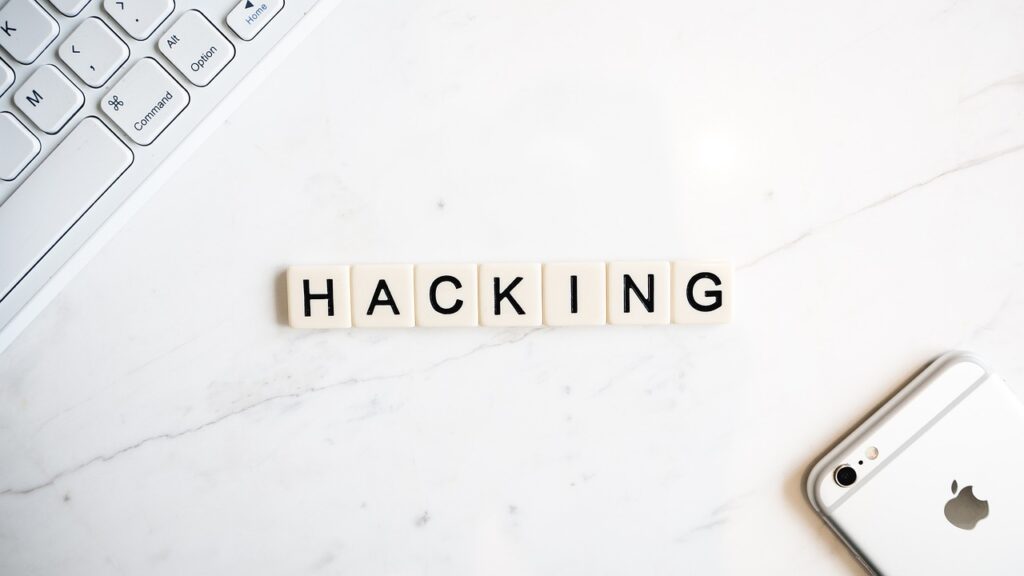Ethical Hacking Ultimate Guide 2024

Ready to dive into the world of ethical hacking and cybersecurity? Here’s your complete guide on how to become a highly skilled ethical hacker.
What is Ethical Hacking?
Hacker!! Quite fascinating, right? Today, I’ll guide you through the roadmap necessary to become a highly skilled hacker. If you’ve ever dabbled in hacking systems or even just scanned a Wi-Fi QR code to impress your friends, believe me, you’ve got the spirit it takes to become a real hacker!
Ethical hacking is about testing your own systems against vulnerabilities and misconfigurations. Think of it like this: you’re the good hacker (or “white-hat” hacker). You find weaknesses so companies can fix them before the bad guys (black-hat hackers) do. Ethical hacking is a key part of keeping our data safe in the world of cybersecurity.
Why Ethical Hacking is a Big Deal in Cybersecurity
From banking to shopping, everything is done online nowadays. That means companies face constant cyber-attacks. This is where ethical hackers come in—they perform penetration testing, which is basically simulating attacks to check how secure a system is. Ethical hackers also help find weaknesses in networks, apps, or even wireless systems.
If you can identify these vulnerabilities before cybercriminals do, you can prevent data breaches. Trust me, no company wants to deal with that mess!
How to Get Started as an Ethical Hacker
So, how do you become a skilled ethical hacker? Here’s a quick roadmap for beginners:
-
Learn the Basics of Networking and Cybersecurity
You can’t hack systems if you don’t know how networks work. Learn about IP addresses, DNS, and how firewalls operate. Build a strong foundation in cybersecurity because that’s what you’ll be protecting.
-
Get to Know Linux
Most ethical hackers use Kali Linux because it comes with preloaded hacking tools. The best part? Linux is free, open-source, and basically hacker heaven. Get familiar with it!
-
Learn Programming Languages
Ethical hackers use programming to create scripts and exploit vulnerabilities. A great starting point is Python. Other useful languages are JavaScript and C. They help you understand how software and websites work—and how to hack into them (ethically, of course!).
-
Explore Hacking Tools
Here are some essential tools you’ll want to get your hands on:
- Nmap: For network scanning
- Wireshark: For analyzing network traffic
- Metasploit: For identifying vulnerabilities and exploiting them
-
Get Certified
Adding certifications will seriously boost your resume. Some top certifications include:
- CEH (Certified Ethical Hacker)
- OSCP (Offensive Security Certified Professional)
- CompTIA Security+
-
Practice
There’s a saying: “The more you sweat in the lab, the less you bleed in war.” The same goes for ethical hacking. Practice your skills on platforms like TryHackMe or Hack The Box.
What Does an Ethical Hacker Actually Do?
Ethical hackers usually specialize in a particular domain of cybersecurity, such as:
- Network Security: Scanning for vulnerabilities in routers, switches, and firewalls.
- Web Application Security: Testing for common vulnerabilities like SQL injection and XSS.
- Wireless Security: Testing wireless networks to make sure they’re secure.
- Social Engineering: Ethically fooling people into giving away sensitive information.
Ethical Hacking vs. Penetration Testing
You’ve probably heard these terms together, but they’re not the same thing. Ethical hacking is the big picture—it’s about finding all vulnerabilities across multiple systems. Penetration testing (or pentesting) is more focused. It’s about simulating an actual attack to find weak spots.
Stay Legal—Always Get Permission
One thing to remember is that ethical hacking is always legal. You must get permission from the system owner before hacking. Stay ethical and use your skills for good.
Conclusion
Do you have a passion for ethical hacking? If yes, don’t hesitate—it could be one of the best decisions you make. Cybersecurity is both exciting and rewarding. Follow us to stay up-to-date with this constantly evolving field!

